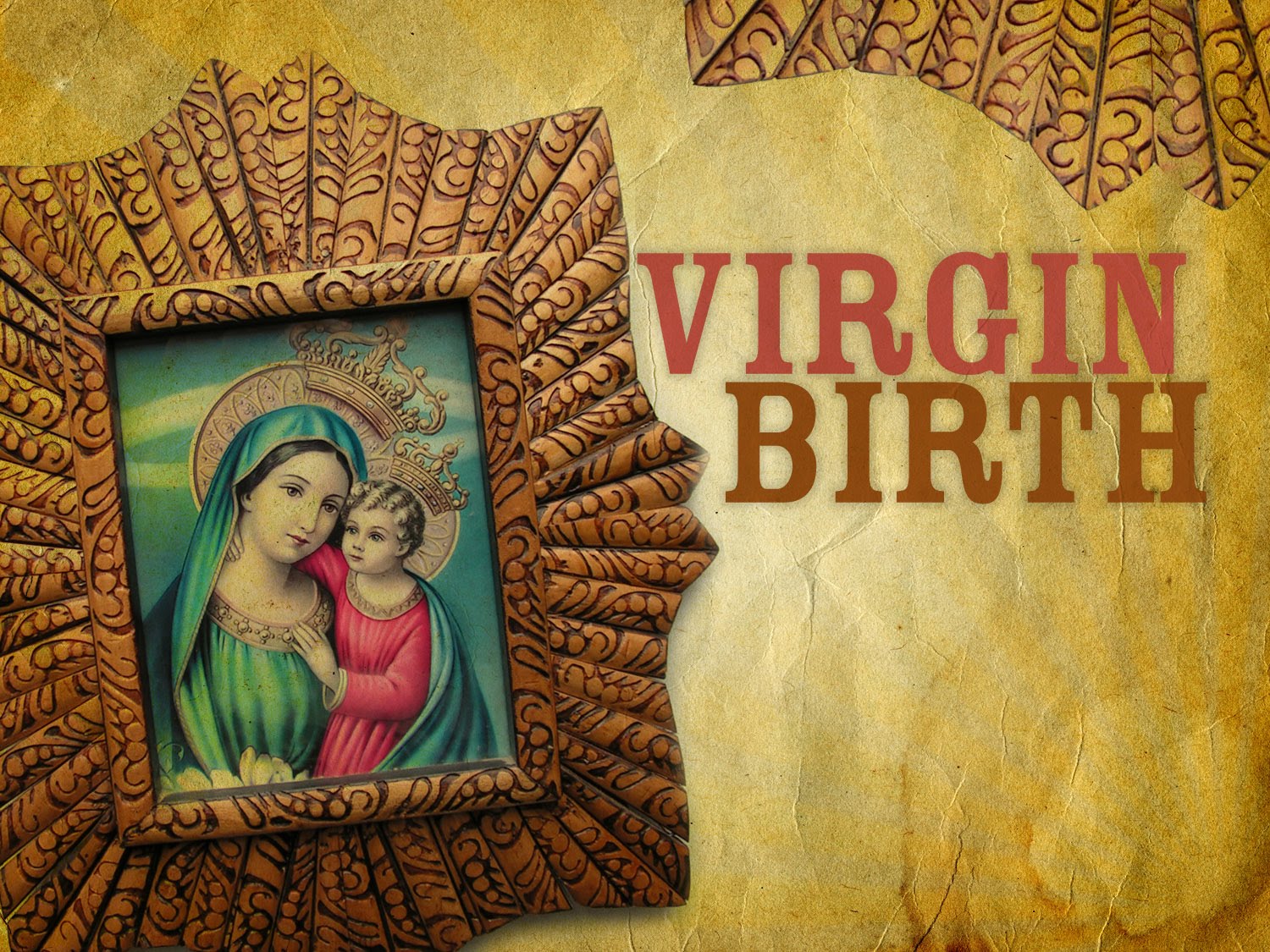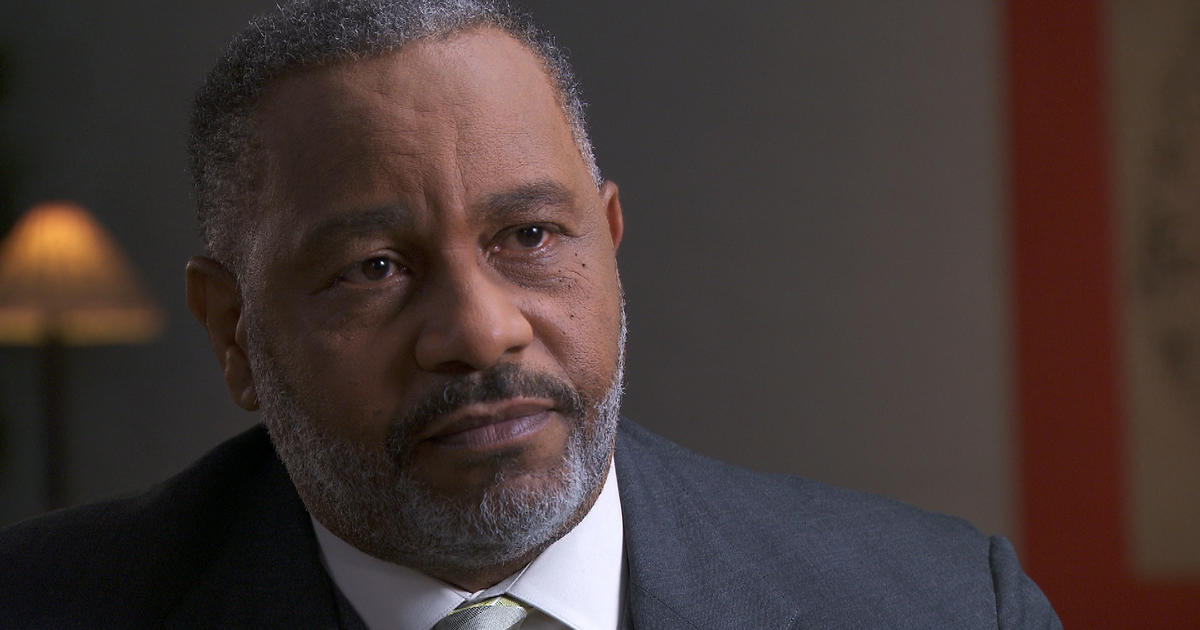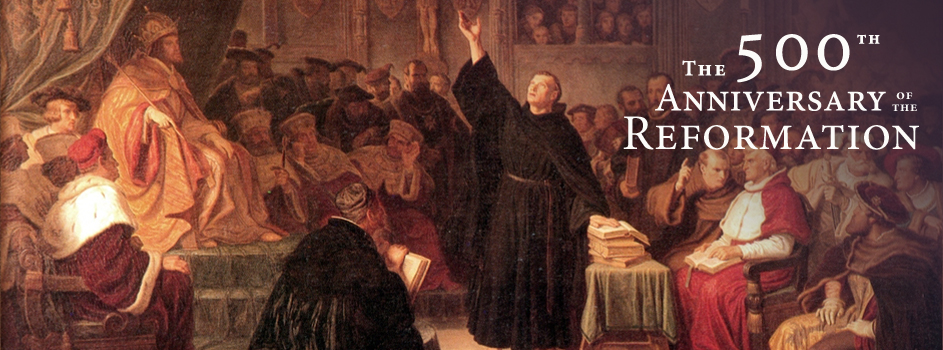One day in 1582 Galileo
Galilei was sitting in a cathedral, watching a swinging lamp suspended by a
long chain hanging from the lofty ceiling. Distracted from the priest’s drab
homily, he noted each swing was equal and had a natural rate of motion. Galileo
was busy with other things for years, including a controversial argument about
the structure of the universe and getting tried for heresy by the Catholic
Inquisition. But, eventually in 1640, while under house arrest in a villa near
Florence, Italy, he found a moment to design a pendulum clock, the result of
the swaying lamp’s inspiration so many years earlier. Galileo died before he
could complete his project, but the Dutch scientist Christian Huygens picked up
on Galileo’s pendulum design and developed the first such clock in 1656.[1]
Since then our timepieces
have become smaller, more accurate and more ingrained in our personal space—from
grandfather clocks, to wall clocks, alarm clocks to pocket watches, to the iWatch.
It’s been said that the wristwatch is “the handcuff of our time.” We inhabit a
world that is obsessed with time; just listen to the mantras: “Time is money,” or
“Timing is everything,” or “Time flies!”
Yet, when I turn to God of
the Bible I find an eternal Being who is not bound by the constraints of time like
we are. God is not changed by the passing of time. Neither do the concepts of “late”
or “early” apply to a God who transcends our dimensions. I am reminded of a
quote by Gandalf in the Lord of the Rings,
“A wizard is never late, nor is he early, he arrives precisely when he means to!”
So it is with our God—He’s always “on time” because He can freely pass in and
out of our time-space universe like a man with a skeleton key to a high-rise
hotel. Just as the man with key has access to every room, so too God has
unlimited access to every moment of time—past, present and future.
Consider just a few
examples:
·
The angel of the
Lord stopped Abraham’s knife from piercing Isaac’s body just as he was about to
the plunge the blade downward (Gen. 22:10-12).
·
The Lord guided
baby Moses’ basket down the Nile River so that it would arrive at precisely the
right moment when Pharaoh’s daughter was bathing (Ex. 2:3-6).
·
In the eternal councils
of the Godhead there was a specific day selected for the incarnation of Christ,
“But when the fullness of the time had
come, God sent forth His Son, born of a woman” (Gal. 4:4).
·
The Holy Spirit
nudged Philip at just the right moment to leave Samaria so he could meet up
with an Ethiopian official on a dusty desert road (Acts 8:26-40).
We can trust God’s timing
because He can see the whole timeline of events and people with perfect clarity.
Don’t be discouraged by a delay. God’s delays are not God’s denials, instead God’s
delays are often by design. Just ask Mary and Martha, who thought Jesus arrived
at the tomb of Lazarus four days “late” (John 11:32). Psalm 37:7-8 challenges
us, “Rest in the Lord, and wait patiently for Him
. . . Do not fret—it only causes harm.” Trusting in God’s timing is an act of faith that says,
“Lord, I am placing my need in your hands and I believe that in Your perfect
timing You will come through.”
-DM






